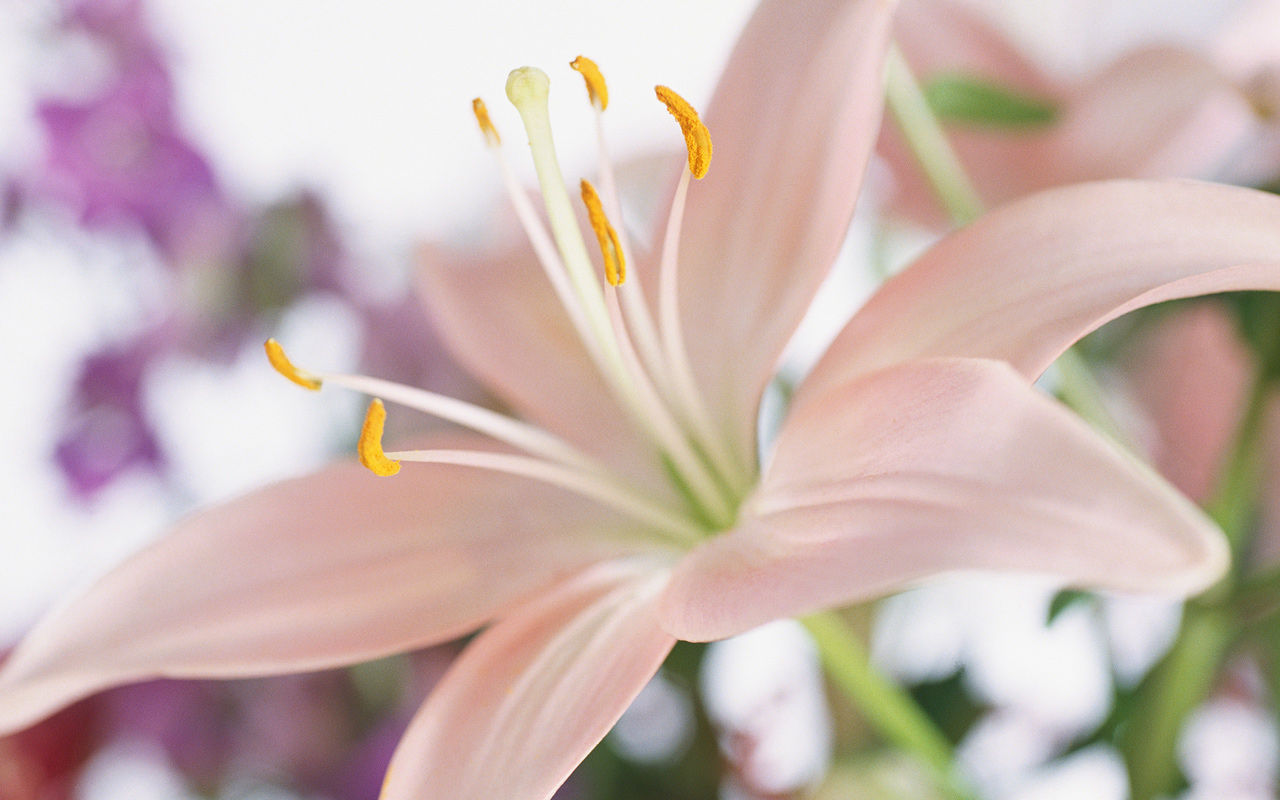
HOW MUCH WATER DO YOU NEED TO DRINK?
With the change of season and the arrival of summer, the needs of our body also change. In particular, the need for liquids increases, even if this is not always felt and translated into the urge to drink. This is why it is important to replenish the fluids we lose in normal daily and non-daily activities, both through the direct consumption of water and through nutrition.
6 IMPORTANT WATER FUNCTIONS
It carries the body's nutrients.
It allows exchanges between the outside and inside of the cells.
Promotes the action of gastric juices and enzymes.
It allows the elimination of waste and therefore the detoxification of the organism.
It keeps the body temperature constant by evaporating it through the skin.
It enters the formation of physiological fluids, such as ocular fluids, and secretory fluids of the digestive, respiratory and urinary systems.
But how much water do we need every day?
The daily requirement of water for a healthy person is approximately 3 liters, taken both through drinks and food, especially fruit and vegetables. This quantity allows to balance the daily losses of water that occur through urine, faeces, breathing and sweating (about 6% of the water present in the body), and whose amount clearly increases during the hot period. This is why it would be a good idea to drink 6-8 glasses at room temperature throughout the day, to increase with the arrival of summer.
But pay attention to the quantity if ...
There are some categories of people who, due to particular conditions, have different needs in relation to water intake:
Those who eat a high-protein diet, play sports or live in a warm climate have an increased need for water.
The same is true for those suffering from inflammation of the urinary tract, uric acid, kidney stones, diarrhea, vomiting or fever.
People prone to heart failure, gastritis, stomach sinking and aerophagia should instead limit their water intake, in any case following the doctor's advice.
The daily intake of about 3 liters of liquids includes, in addition to water, also drinks such as herbal teas, barley coffee, tea, vegetable juices, juices and soups.
A particular eye should be kept for alcoholic beverages: since they promote dehydration, it would be better not to take more than 1 glass a day.
Drainage: 8 foods and 6 diuretic plants
The term "water retention" indicates the body's tendency to retain excess fluids in the tissues. This disorder mainly affects areas predisposed to the accumulation of fat, such as thighs and buttocks, causing swelling and stagnation of liquids and toxins: cellulite is the clear visible manifestation of this phenomenon.
Abdominal bloating, often regarded as fat, may also be due to water retention. The arrival of the summer holidays is therefore an excellent excuse to dedicate yourself to the drainage of excess fluids.
The first step is clearly to drink more, preferably on an empty stomach: in the morning as soon as you wake up, before main meals, mid-morning and mid-afternoon and also during physical activity. Instead, it would be better to limit the amount of water taken during meals, to avoid fatigue in digestion and the formation of abdominal gas, which dilate the waistline, also inducing drowsiness and metabolic slowdown.
Another fundamental step is to introduce a greater quantity of draining foods into the diet, in particular fruit, vegetables and natural substances.
Very effective in this sense is the fruit with a good amount of vitamin C, which also helps to protect the capillaries: during the summer there is only the embarrassment of choosing between PEACHES, APRICOTS, WATERMELONS and MELONS. Also among the vegetables there are many those able to favor a good drainage; among the seasonal ones the most suitable are ZUCCHINI, CELERY, CHICORY and LETTUCE. Then there are several natural substances with strong diuretic properties that we do not normally take with food, but which can be found in the form of infusions and supplements. Dandelion, a diuretic par excellence, and GREEN TEA are well known. No less effective are PILOSELLA, BIRCH, EQUISETO and LESPEDEZA, excellent natural draining agents.
